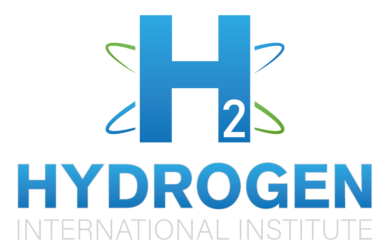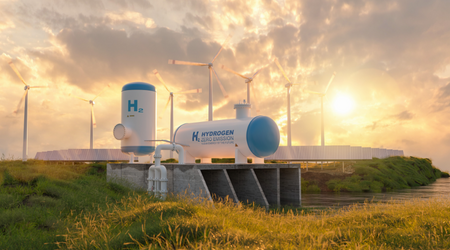Hydrogen for Sector Coupling
Description
The course “Use of Hydrogen for Sector Coupling“ covers technical, economic and regulatory aspects of the use of hydrogen. It provides a strategic overview of the interconnections between decarbonization, digitalization and flexibilization. At the end of the course, participants should be able to understand and assess the opportunities and challenges of using hydrogen.
Benefits
- The acquired knowledge enables the participants to make strategic decisions based on the current context regarding the use of hydrogen as a coupling medium between different sectors (green electricity, mobility, industry and heat).
- The participants have knowledge of the basic context of sector coupling, as well as the applied hydrogen technologies, and can use this to further base strategic decision-making processes.
Target Group
Our courses are suitable for both newcomers and for deepening specific knowledge. The target group includes:
- Strategic decision makers from companies who need to gain a clear overview of what the energy transition and specifically "sector coupling" with hydrogen means and how their company can positively participate.
- Technical planners who make conceptual developments.
- Project managers and product managers who have to drive the energy transition in their companies and have to consider technical and economic aspects.
- Technical advisors, trainers and engineering companies that have recently started working with hydrogen.
Learning objectives
- Sector coupling: definition of sectors, challenges and potentials
- Use of hydrogen in the steel industry, chemical industry, petrochemical industry (for the production of synthetic fuels), off-grid applications, grid stabilisation, mobility and heat generation.
Learning content
Sector Coupling: Definition
Definition of sectors, energy consumption of sectors, offshore wind energy potential, explanation and examples of PtX (PtC, PtG, PtH, PtL, PtM, PtP), Necessary coupling technologies and intermediates.
Sector Coupling: Technologies
Sector coupling by 2050: challenges and necessity: advantages and disadvantages. Hydrogen roadmap, technologies for large-scale H2 production in comparison: electrolysis, methane pyrolysis, steam cracker, transport in the natural gas grid, storage in caverns.
Decarbonisation of the Industry
Sector coupling: advantages and disadvantages, storage possibilities of different forms of energy, conversion losses, phases of decarbonisation of industry, CO2 saving potential of the chemical industry, colours of hydrogen, cost scenarios, exemplary sector coupling projects.
Steel Industry and H2
Use of hydrogen in the steel industry: energy demand, steel production processes without and with hydrogen, direct reduction, comparison of processes, copper production with hydrogen
Chemical Industry and H2
Use of hydrogen in the chemical industry: Energy demand, Synthetic base materials, Ammonia and methanol: The most important base materials in the chemical industry, Desulphurisation of fuel (hydrosulphurisation)
Synthetic Fuels (PtL,PtG)
Use of hydrogen in the chemical industry for the production of synthetic fuels (PtL, PtG) and synthesis gas as a basis for further processes.
Autonomy through H2
Use of hydrogen to supply off-grid applications: Examples of autonomous and gas grid-connected projects.
H2 for Grid Stabilisation
Use of hydrogen for grid stabilisation: controllable loads (electrolysis) and demand-responsive power generation through hydrogen and battery storage.
H2 in Mobility
Use of hydrogen in mobility: cars, commercial vehicles, trains. Necessary infrastructure.
H2 for Heat Supply
Use of hydrogen in heat supply (private and industrial): District heating networks, H2 as a heating gas in the chemical industry, fuel cells for domestic heat supply.





